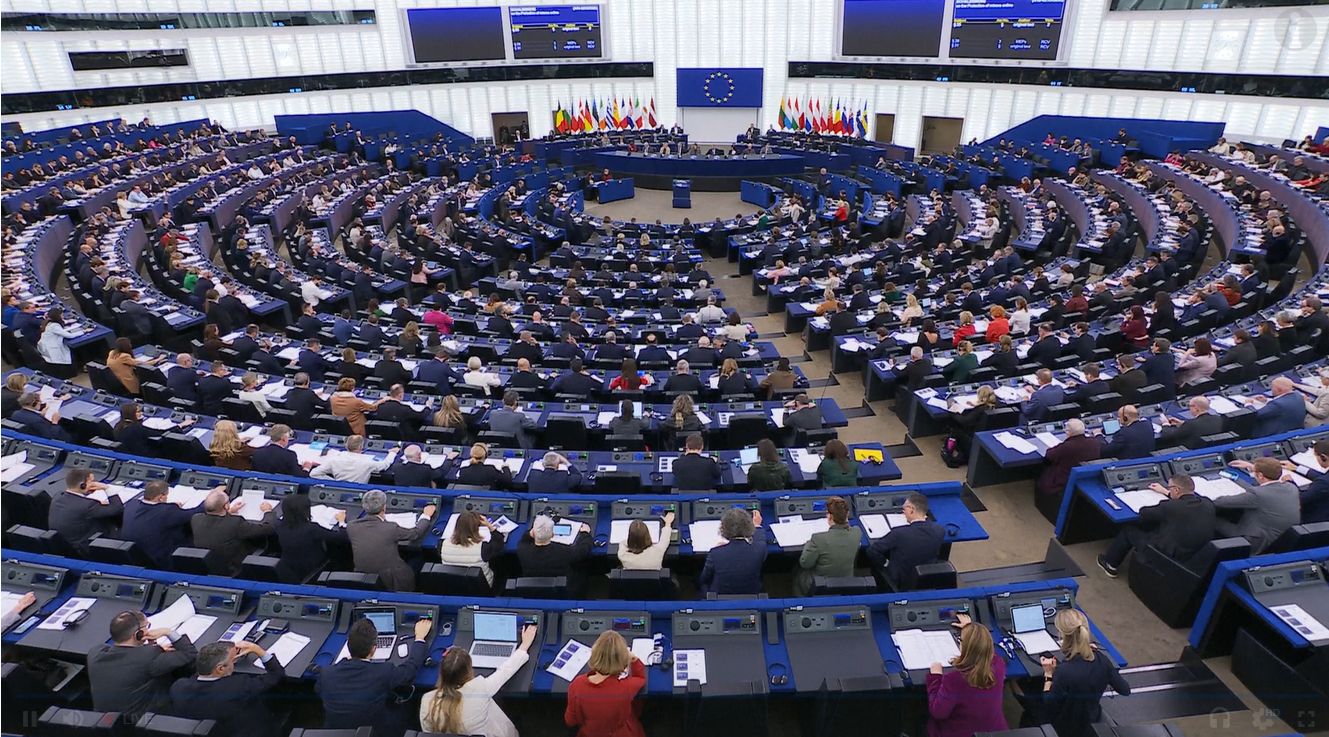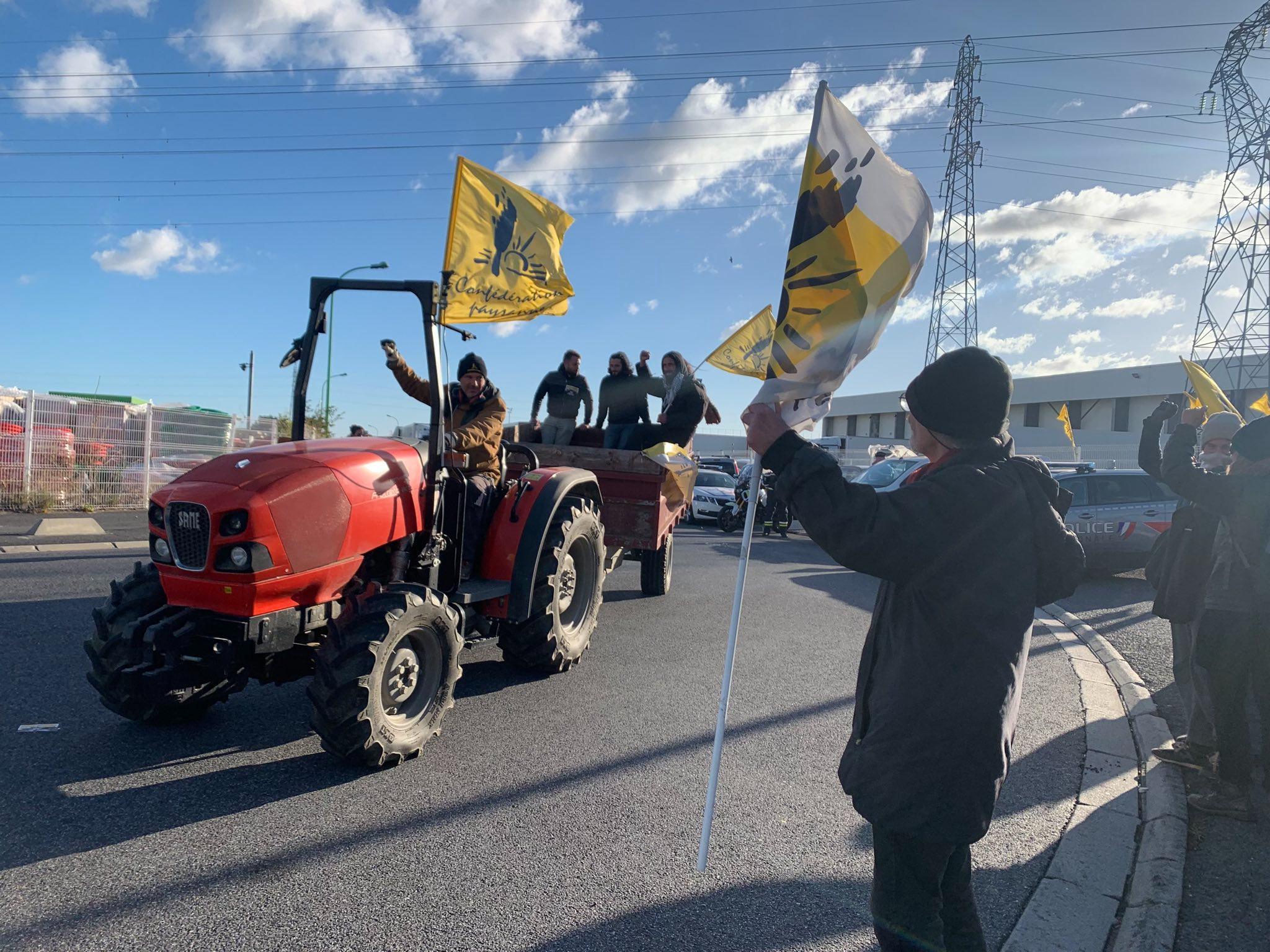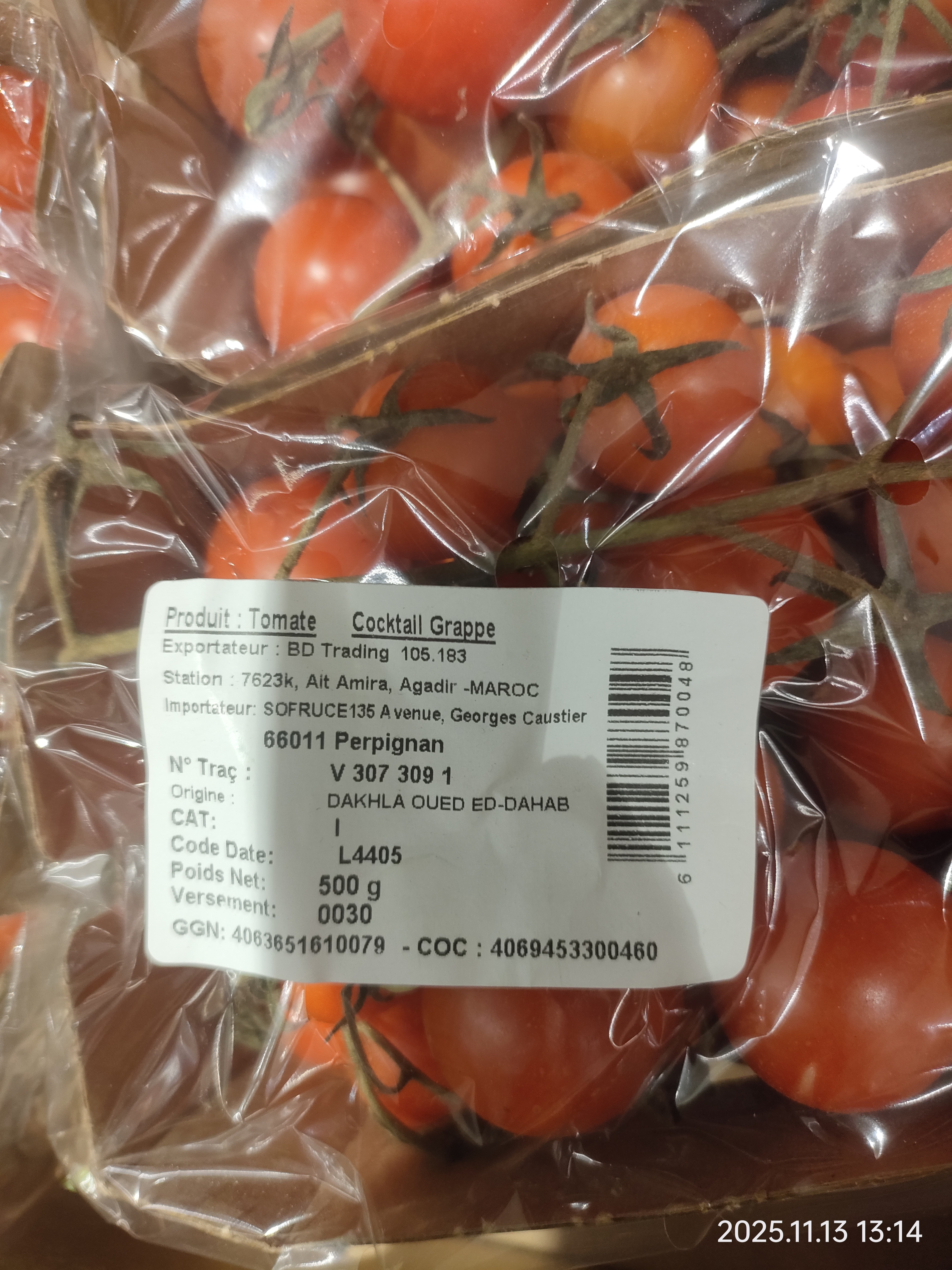
WSRW has been invited to contribute to an EU Commission document on trade with Moroccan interests in occupied Western Sahara. This is why we reject taking part.
Photo: Trucks transporting Western Sahara products out of the occupied territory, at Guerguerat, to the Mauritanian border. @ElliLorz.
On the evening of 22 December 2023, the eve before the Christmas break, Western Sahara Resource Watch (WSRW) received an invitation from the EU Commission's Taxes and Customs division (DG TAXUD) and the EU External Action Service (EEAS), requesting the association to take part in a consultation on the “2023 report on the effects on the population of Western Sahara of extending tariff preferences to products from Western Sahara”.
WSRW has responded in a letter on 17 January 2024 that it will have to decline.
“We find it disturbing that DG TAXUD and the EEAS are now undertaking a consultation exercise that continues to apply a narrative and approach that equates the profits of a few (Moroccan settler) economic operators with the right of an entire people to consent, an approach that has already been invalidated by the EU Courts”, WSRW wrote.
“We do not want to contribute to what appears to be an attempt to legitimize the implementation of an unlawful agreement with Morocco in Western Sahara - one that lacks the consent of the people of the territory, and instead only serves to further anchor Morocco’s untenable military presence through funding demographic engineering and a settler economy in what is considered one of the most unfree territories in the world”, the letter reads.
It is not the first time WSRW has been invited to participate in a consultation on the EU-Morocco trade agreement. So far, we have declined every time, though clarifying that we do not oppose dialogue and that “should the EU Commission consider following an approach that is in line with the people of Western Sahara’s right to self-determination and, as such, their right to consent, you could count on our full cooperation.”
In its response to the latest invitation, WSRW also repeated - yet again - its question to have its name removed from the official document that was used by the EEAS in 2018 to convince the EU Parliament and EU Member States to vote in favour of the amended trade agreement with Morocco so that it would henceforth expressly apply to Western Sahara. The amendment, negotiated and signed with Morocco, came after the EU Court of Justice in late 2016 had invalidated the agreement's application in Western Sahara because it did not have the express consent of the people of Western Sahara - a territory over which Morocco has no sovereignty or administering mandate, the Court had specified. The EEAS had asked WSRW in 2018 to take part in a consultation round on the amended agreement. WSRW refused to take part for two reasons: the proposed amended agreement did not have the consent of the people of Western Sahara, and the consultation furthermore only focused on the potential socio-economic benefits of the deal to the “local population” “living in Western Sahara” - an approach found irrelevant by the EU Court of Justice if the people of the territory had not consented to the agreement in the first place.
Despite refusing to take part in the 2018 consultation, WSRW was later misleadingly listed in official EU documents backing the Commission's negotiated amendment with Morocco, as having been consulted, as were 93 other organisations who had also refused to take part or who were never even invited in the first place. More details on this fake 2018 “consultation" can be found in this briefing or in the WSRW report Above the Law from 2020.
WSRW also reiterated its request that the EU institutions issue an apology to the 94 groups who were falsely included - against their will - in the mentioned Staff Working Document in 2018. The EEAS and DG TAXUD have still not made amends for this misuse of Saharawi civil society.
Since you're here....
WSRW’s work is being read and used more than ever. We work totally independently and to a large extent voluntarily. Our work takes time, dedication and diligence. But we do it because we believe it matters – and we hope you do too. We look for more monthly donors to support our work. If you'd like to contribute to our work – 3€, 5€, 8€ monthly… what you can spare – the future of WSRW would be much more secure. You can set up a monthly donation to WSRW quickly here.
These are the MEPs who voted for ignoring the CJEU
187 Parliamentarians voted to ignore the ruling of the CJEU, the interests of EU farmers, the rights of the EU consumers and the aspirations of the Saharawi people. Here they are.
Parliament nearly blocks Morocco’s labelling grab
EU lawmakers today had a golden opportunity to stand up for European consumers. Backed by a solid majority, the Parliament came close to overturning the Commission.
Farmers block Azura warehouse in France and launch legal action
Growing pressure on EU–Morocco trade deal as French farmers today launch legal steps and storm Azura’s entry point for Western Sahara produce in Perpignan.
EU’s labelling chaos already hitting supermarkets
A packet of cherry tomatoes sold this week in a French supermarket illustrates the confusion triggered by the European Commission’s rushed attempt to adapt EU consumer and trade rules to Morocco’s claims over occupied Western Sahara.



